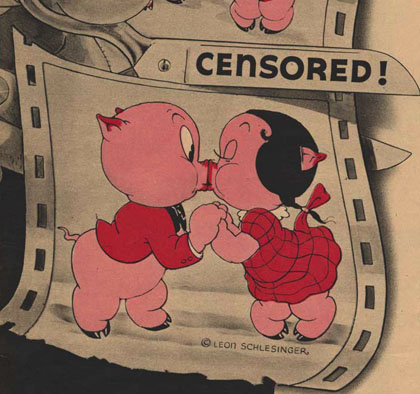I Pledge Allegiance to Anti-Communism
In the midst of the Cold War, many programs were enacted to ensure American patriotism. The House Un-American Activities Committee (HUAC) was established to conduct hearings about the presence of communism in Hollywood motion pictures. In these hearings, actors, directors, and screenwriters were summoned for questioning by the committee. Of the witnesses, 10, known as the Hollywood Ten, declined to answer questions concerning their political allegiances or disclose names of those who were communist. The Hollywood Ten believed their 1st Amendment rights were infringed. As a result, the committee charged them with contempt of Congress and were sentenced to 6 months to a year in prison. Besides the Hollywood Ten, more than 200 other people were also charged with communist sympathies or the refusal to name names.
Had the HUAC never been formed during the Cold War, history might have run a different course. The aim of the HUAC was to contain and control the spread of communism beliefs and values in the movie industry. In reality, the HUAC did not find substantial evidence of individuals who hold communist sympathies. However, if the HUAC was not there to screen the individuals, those who were communist could have used the opporutnity to promote communist ideas. If those individual succeed, communism could have seeped into the minds of ordinary Americans.




